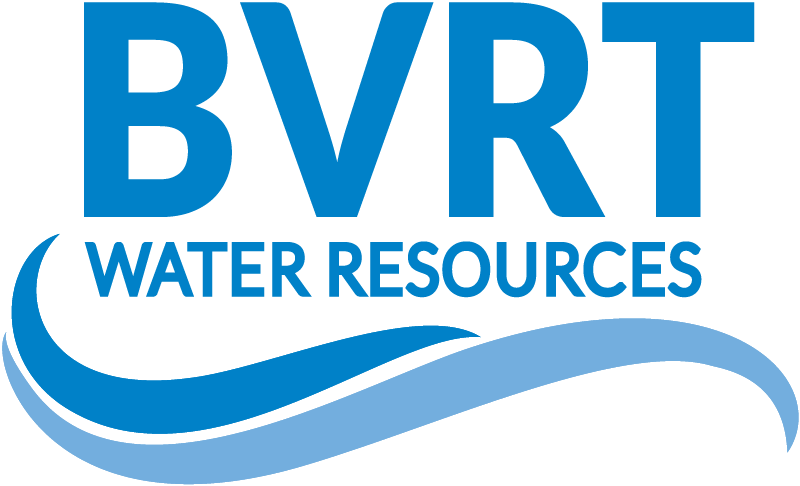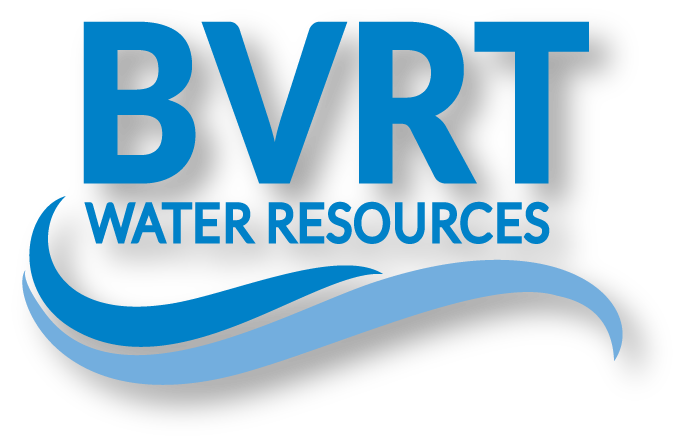Use of Recycled Water a Key Element in Securing Texas’ Diminishing Water Supply?
According to the Texas Water Development Board, by 2060 the state’s demand for water is likely to increase by 27 percent compared to its demand in 2000.
This tells me that the need for new water sources is becoming more than just an URGENT need.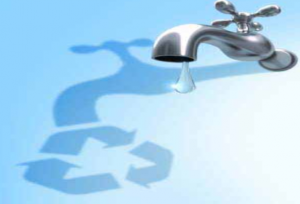
Could the use of recycled water be a key element in securing Texas’ future water supply ?
Let’s start with the questions of what exactly is recycled water? and what are the benefits ?
Recycled Water is a renewable resource produced from residential sewage and/or industrial waste that can be continually replenished through our sewerage system.
The recycling process includes treating and disinfecting waste water to a safe standard for beneficial use. This allows for many benefits, one of which is reducing the demand on our current drinking water resources.
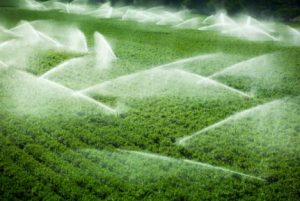
Though the likelihood of drinking recycled water in the county is small, it is being looked at to offset the amount of potable water needed for irrigating crops, golf courses and lawns, thereby increasing the amount of available drinking water.
Recycled water is classified into four classes, depending on its treatment level and reuse opportunities.
CLASS A is the highest quality of recycled water, with the widest range of uses including those which involve direct human contact. These include clothes washing, closed system toilet flushing, garden watering and firefighting. It can be used to irrigate food crops that are consumed raw or sold to consumers uncooked or processed as well as for all the uses allowed for Classes B, C, and D.
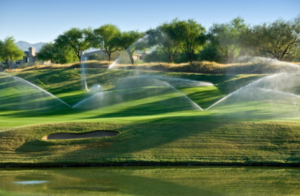
CLASS B recycled water may be used to irrigate sports fields, golf courses, and dairy cattle grazing land. It can also be used for industrial wash down as well as for the uses listed for Classes C and D, but has restrictions around human contact.
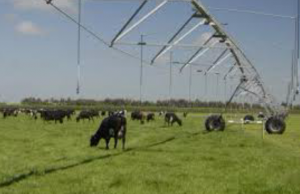
CLASS C may be used for a number of uses including for cooked or processed human food crops including wine grapes and olives. It can also be used for livestock grazing and for human food crops grown over a meter above the ground and eaten raw such as apples, pears, table grapes and cherries. It can be used by counsels for specific purposes but there are restrictions around human contact.
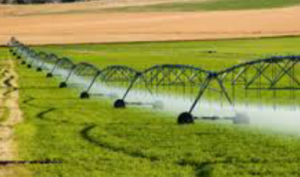
CLASS D recycled water is the lowest grade, and can be used to irrigate non-food crops such as instant turf, woodlots and flowers.
Mia Natalino
